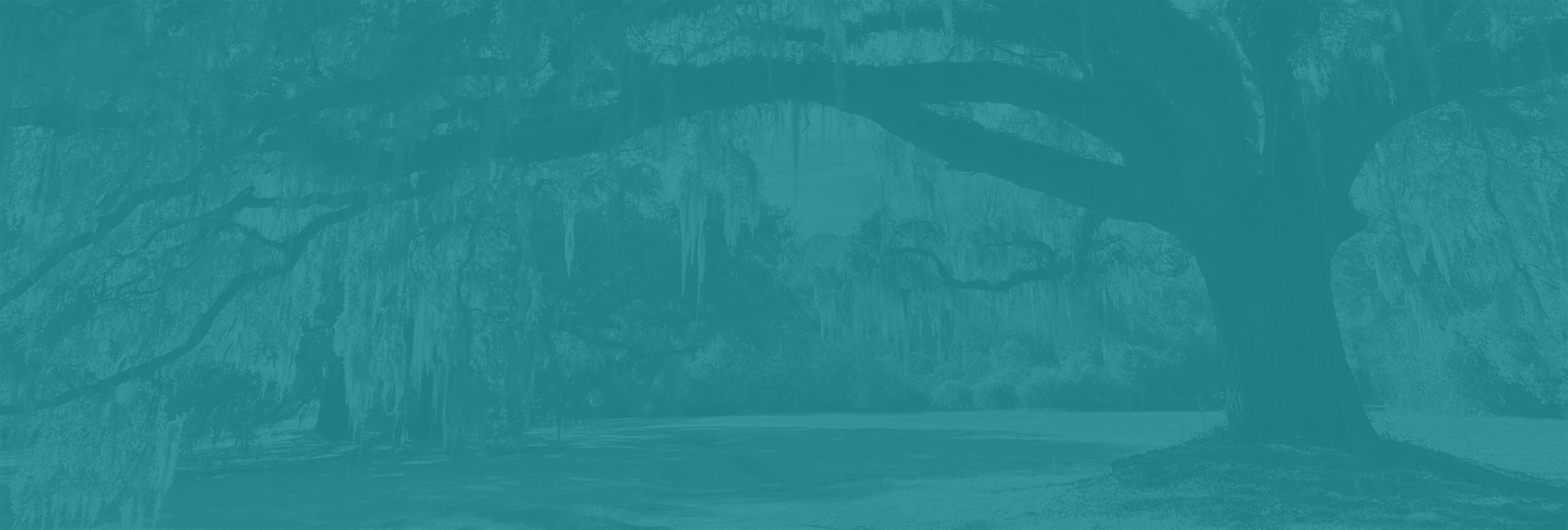Sinus infections are not just a seasonal nuisance; they can significantly affect one’s quality of life. Sinus infections can lead to myriad symptoms ranging from facial pain to a relentless runny nose. At Louisiana ENT Specialists, our ENT specialists deliver a range of treatments to resolve acute or chronic sinus infections.
Types of sinus infections
The complexity of sinus infections is reflected in the different types:
- Acute sinusitis typically emerges quickly and can feel like a bad cold, with symptoms such as a stuffy, runny nose and facial pain lasting for two to four weeks.
- Subacute sinusitis is an intermediary form, where inflammation persists for four to twelve weeks.
- Chronic sinusitis is identified by its longevity, with symptoms lingering for more than 12 weeks despite medical intervention.
- Recurrent sinusitis is diagnosed when a patient suffers several sinusitis episodes throughout the year.






